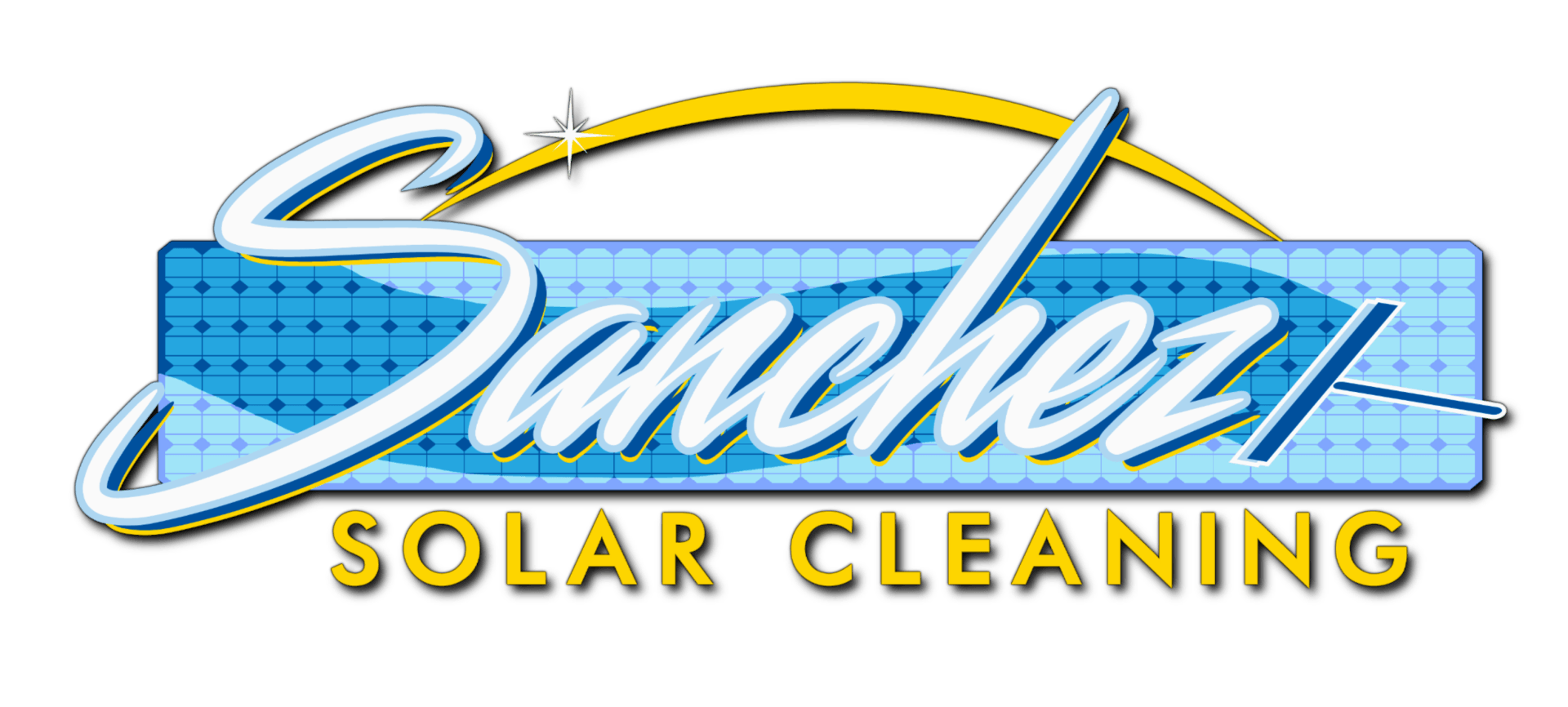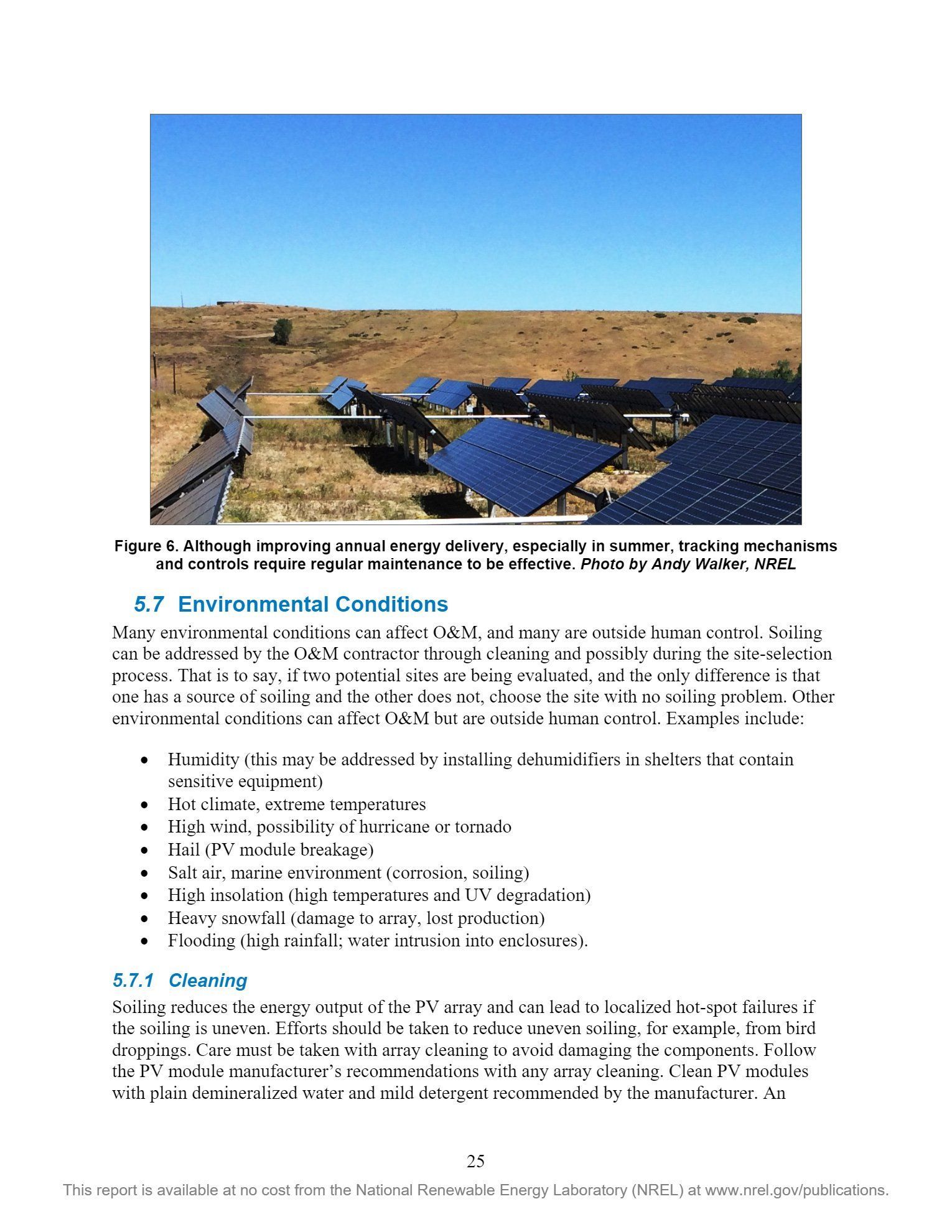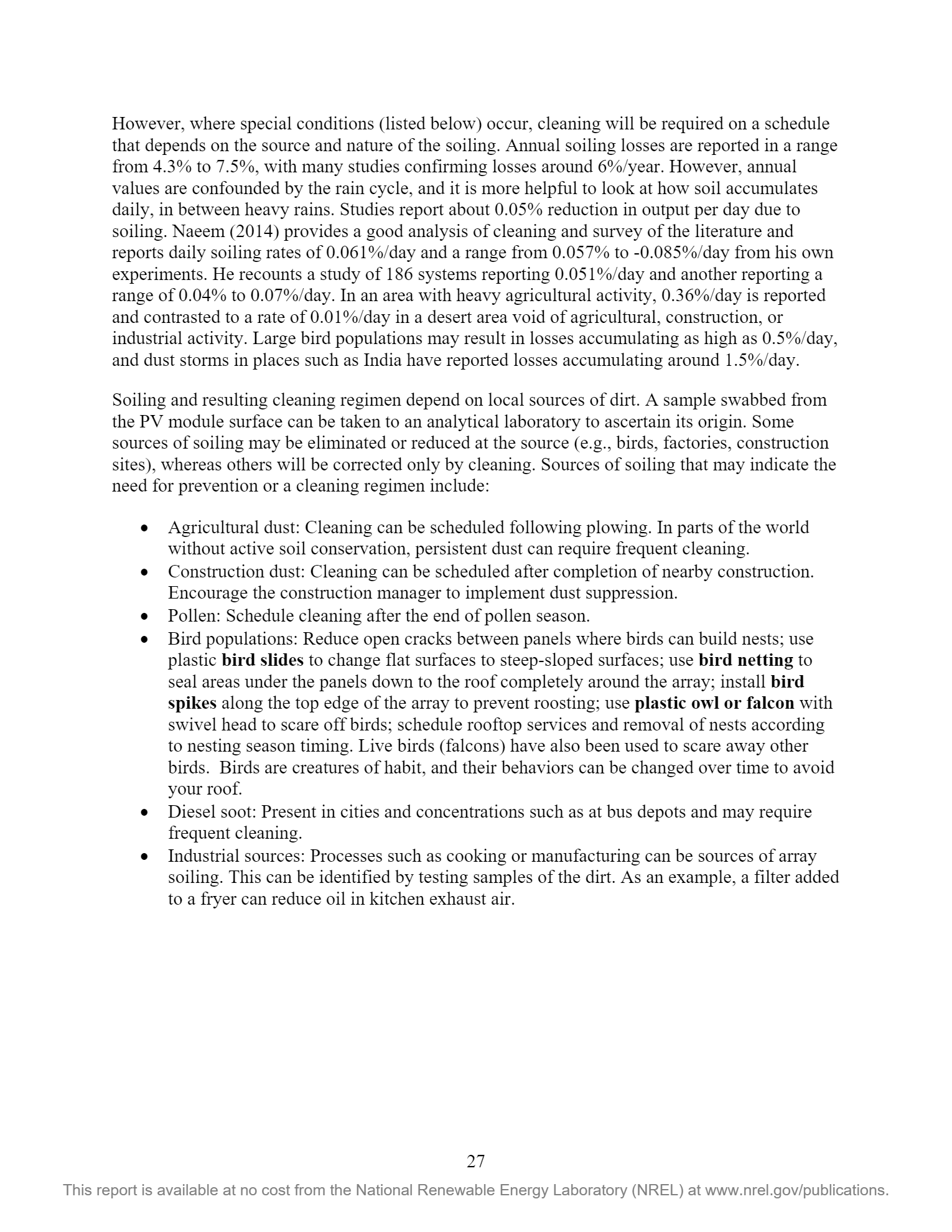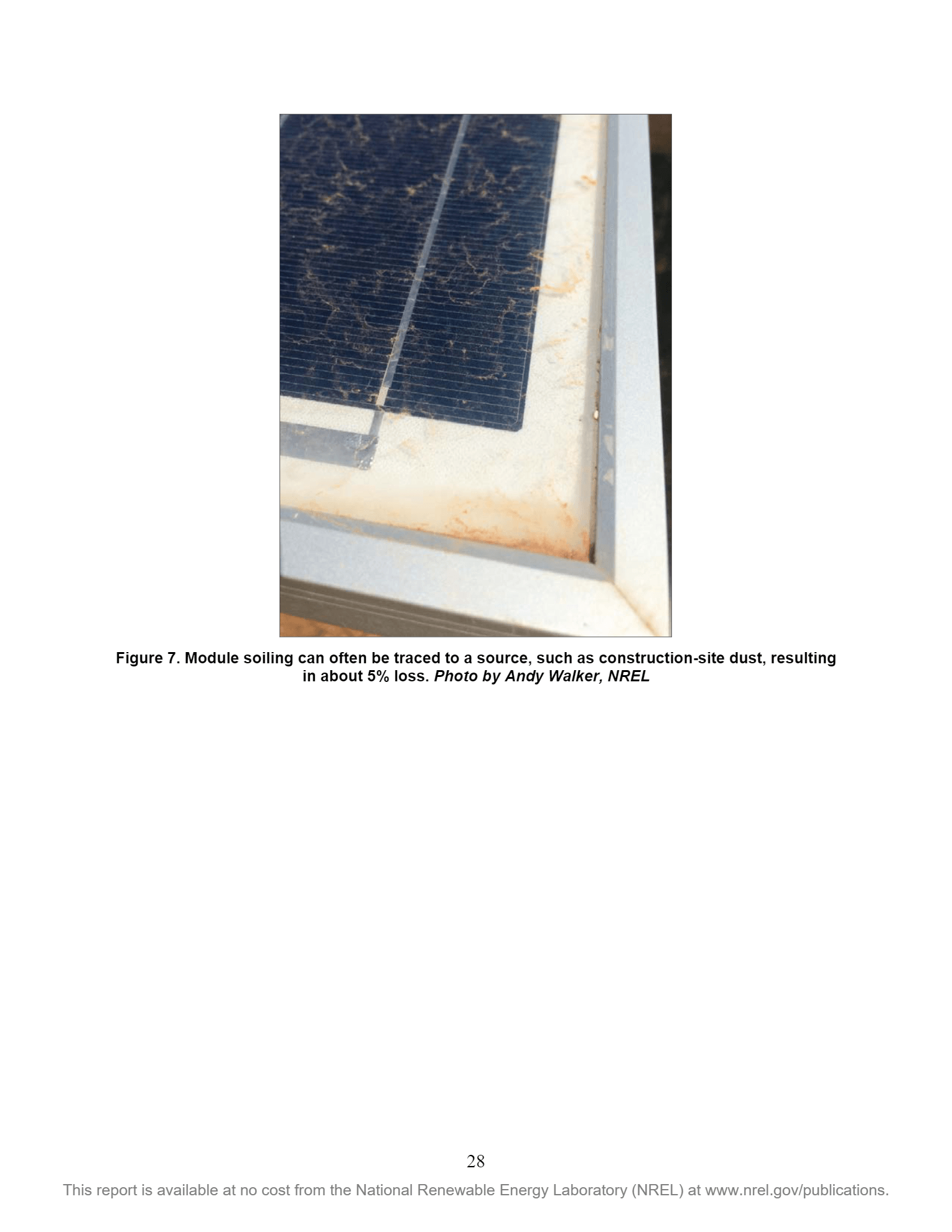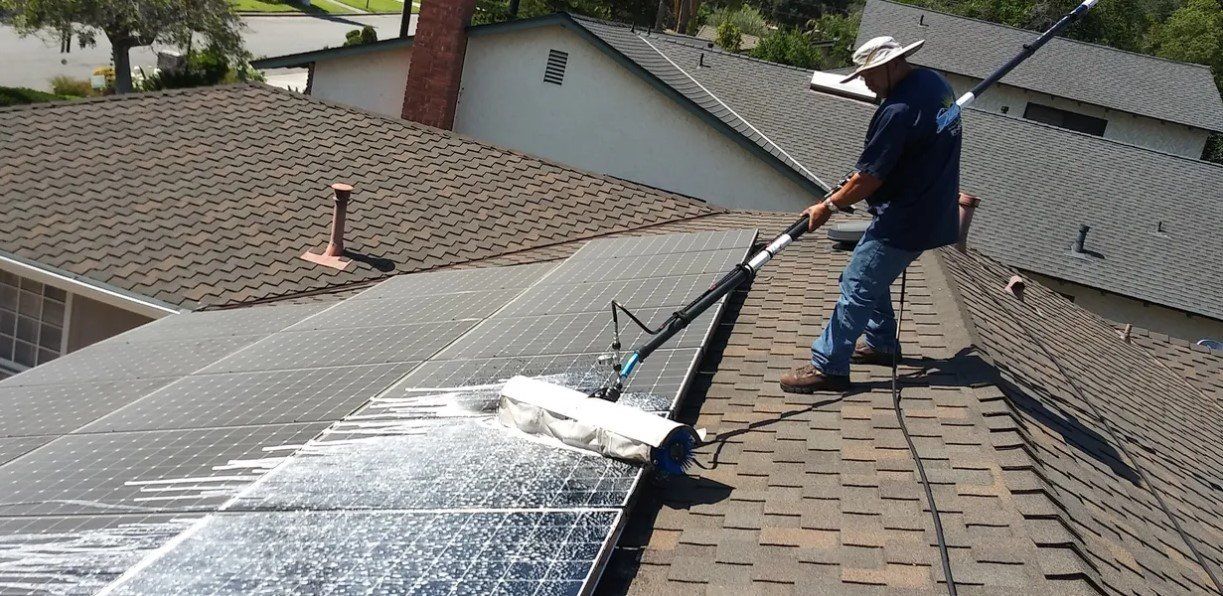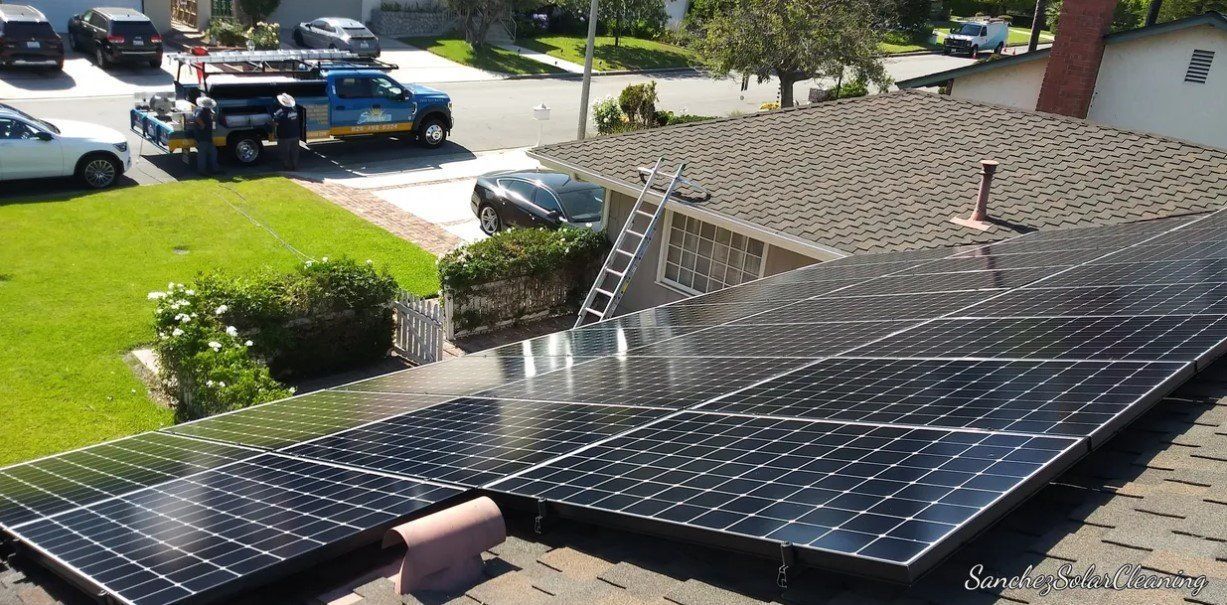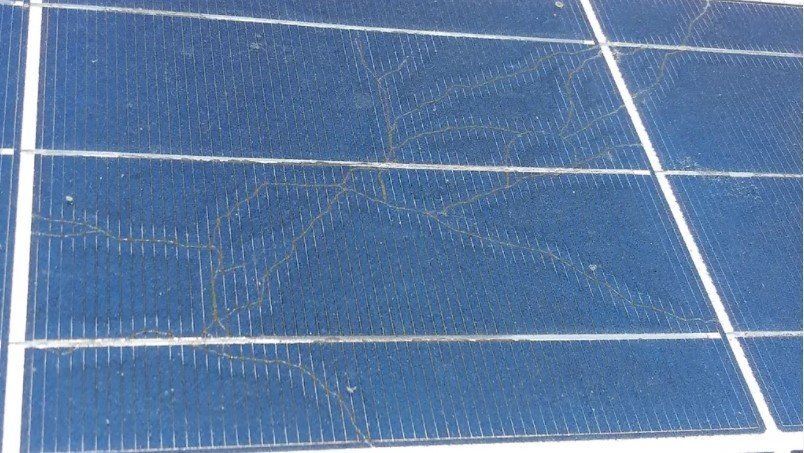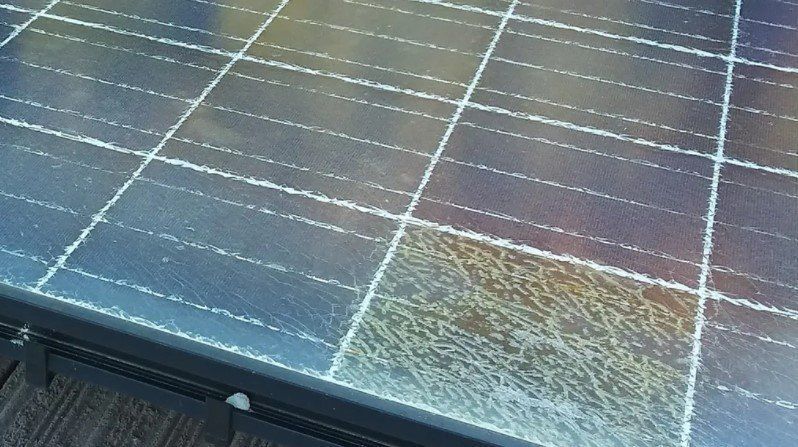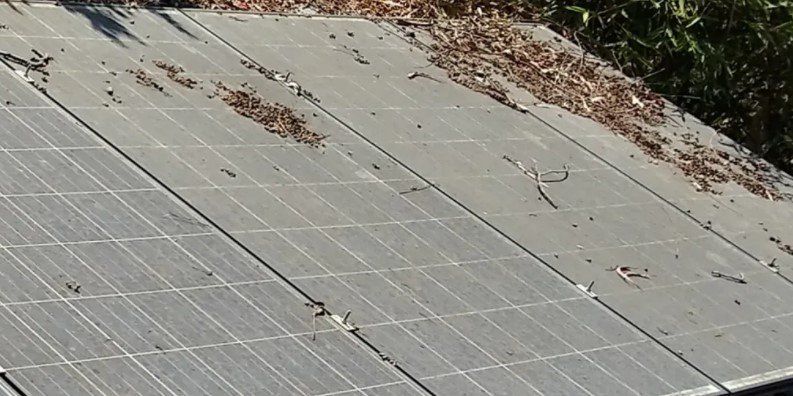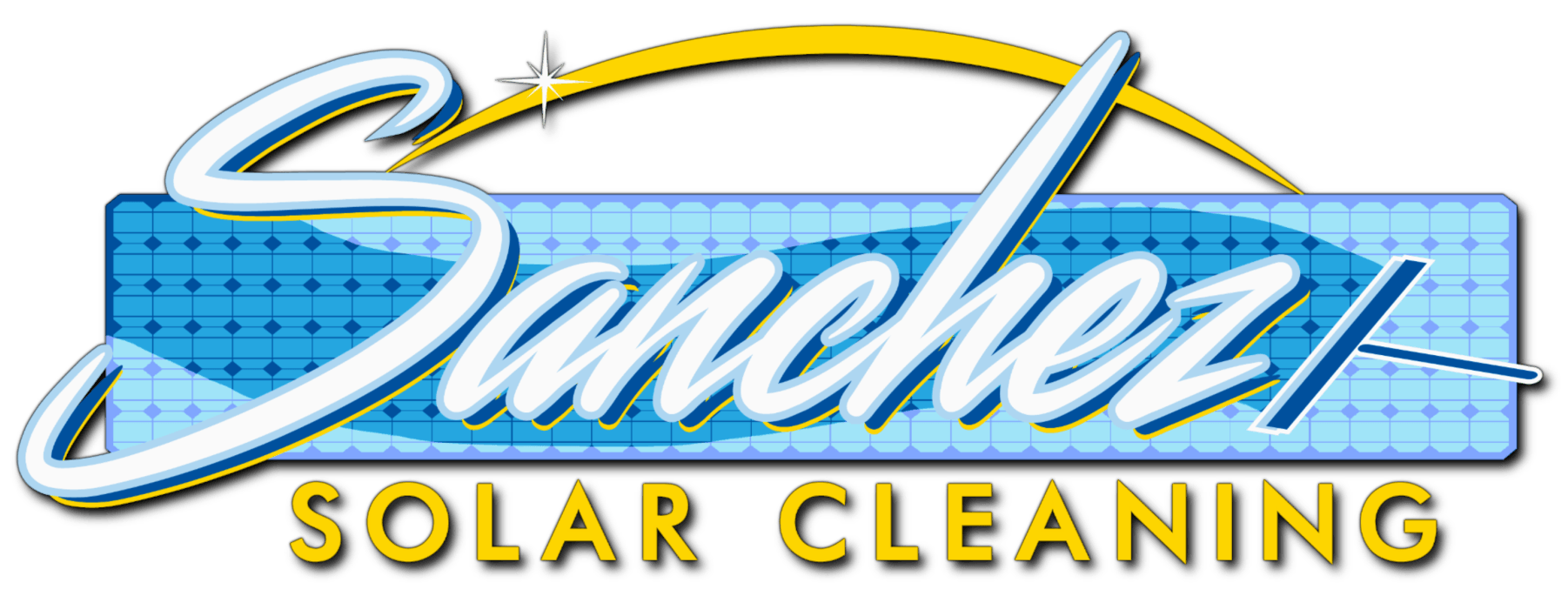ADDITIONAL INFO
Best Practices For Maintenance of Photovoltaic Array Systems
(Section 5.7.1)
A best-practices report on photovoltaic (PV) operations and maintenance (O&M) released by NREL and the PV O&M Working Group provides valuable insights on improving the performance of PV systems, extending their lifespan, and saving costs. The report is an expanded edition of an interim report published in 2015.
https://www.nrel.gov/solar/pv-operations-maintenance.html
Additional Information
1) We provide our own Di-pure water source: doesn't raise the water usage of the property owner, especially in areas where water conservation rules are in place or water simply is not present.
2) Only the best equipment used in the industry: Using a rotary brush instead of a traditional stationary brush allows for a quicker cleaning time & provides a more thorough clean while doing so!
3) Using a solar panel safe solution: Incorporating this eco-friendly (solar manufacturer approved) solution with our cleaning, allows not only for hard soiling to be easily taken off completely, especially with the first clean, but also ensures a longer lasting clean for the system, keeping dirt & other containments from re-depositing onto the glass and sticking. Yes, you should NEVER use hard detergents such as car wash soaps, spray on wax, glass cleaner, etc. on your panels because THAT WILL DAMAGE YOUR PANELS, decrease the lifespan, and void all warranties when they give out. That is why we ONLY USE a solar manufacturer approved solution.
Using the solar panel solution in correct mixing ratios with Di Water, allows for a streak free clean without any water spots! It will also help improve the lifespan of your solar panels.
On top of getting your panels cleaned & maintained in order to boost your efficiency of your system, you should also get them cleaned regardless whether or not you have no electric bill as dirt or (soiling) will create uneven hotspots for your panels and damage your system due to overheating from layers of containments.
A thick layer of dirt will overheat the panels and will cause premature deterioration of the individual solar cells in the forms of cracks, delamination, & burned out (blackened) cells.
Solar panels can reach temperatures that range from 120 degrees Fahrenheit to as high as 185 degrees Fahrenheit since they are absorbing the suns heat and creating electricity. These temperatures aren't harmful to the solar panels IF THEY ARE CLEAN, but if left dirty, the heat that the panels could produce, increases dramatically which solar panels are not tested for therefore, stress appears on the solar cells within the panels and a shortened lifespan is expected.
To go along with layers of dirt causing overheating & premature deterioration, poor solar manufacturing also has a part to play in the solar panels overall performance and features.
EXAMPLES
These panels were only 5 years old at a customers house that we cleaned and already there were multiple cracked cells spread all across their 45 solar panel system! They were filthy as well so added with the extra heat being absorbed because of the dirt and poor manufacturing, these are the results.
To prevent your system from this kind of damage, we recommend that as soon as your system is installed, you should wait no longer than a year to get them on some sort of cleaning maintenance routine.
Extreme temperature fluctuations could result in the shattering of the glass of the solar panel themselves.
Due to the high temperature ranges produced by the panels, this is why it is important to only spray down or clean the system either early morning or later in the afternoon where the outside temperature is least intense. Especially if using the water from your water spigot which is usually a lot cooler on average 50 - 60 degrees Fahrenheit.
In some cases, it could just be caused by a point of impact as well.
In this example, not only were they filthy with layers of soiling and even moss growing, but these were installed almost completely flat thus allowing dirt, debris, and water to sit on the surface for longer periods of time.
In cases like these, we would recommend cleanings every 4 months simply because it is what it is unfortunately.
Benefits of Fall/Winter Cleaning
Although we may be entering the Fall/Winter months thus resulting in more rainfall usually around this time of year, It is still recommended to get your solar panels cleaned as this would be a very important moment to take advantage of, especially with the decrease in daylight during the day. The best months of the year to get your solar panels cleaned are March/April (Spring), May/June (Summer), & September/November going into December(Fall/Winter). These times will grant you greater benefits from both the savings/building up of solar credits, & more bang for your buck when it comes down to cleaning with a professional like ourselves.
Getting solar panels cleaned in the Fall/Winter season will be most beneficial due to the fact that even if they are dirty and less Sun is present during the day, the angle of the Sunlight shining down on your system becomes more shallow thus not allowing your solar panels to absorb the full rays of the sunlight and when especially mixed with dirt, it will cut your solar energy production very dramatically to as much as a 40-50% decrease in efficiency! When they are cleaned, they will still be able to absorb whatever amount of sunlight is available during the day thus reducing the amount of efficiency lost. This means, instead of a 40-50% decrease in efficiency, it will only be around a 10-20% decrease which allows more time to build up those solar credits to be used in the summer/hot months or charge your solar batteries a lot more efficiently.
Getting your solar panels cleaned at the right time of year makes all the difference in making smart decisions for savings in not just your utility bill but for your wallet as well!
